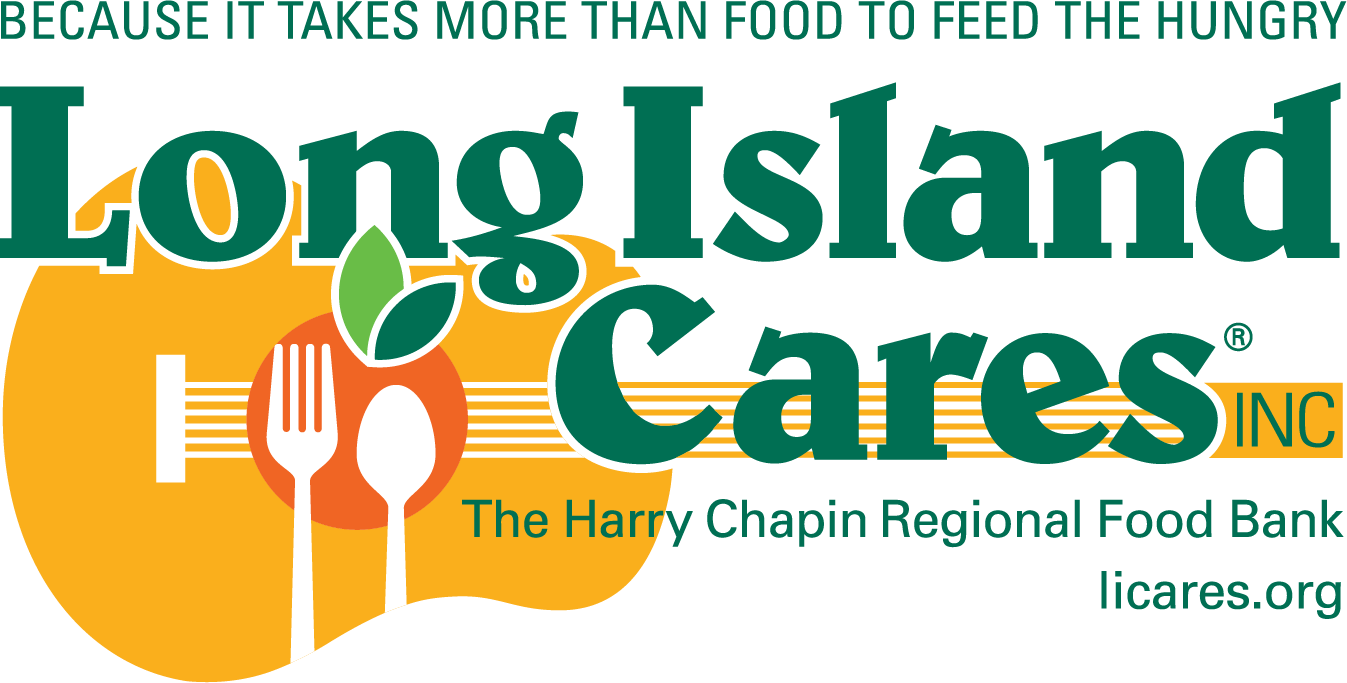HOW IS HUNGER AFFECTING OUR SENIORS?
Guest Blogger: Fay Smith
Facts About Senior Hunger
In 2020, about 5.2 million seniors in America aged 60 and above experienced hunger. Put into perspective, that’s 6.8% of all seniors in the country or 1 in 15 seniors.
These statistics suggest a compelling need to feed America’s seniors.
How Hunger Affects Senior Health
Hunger is a significant social and health issue as important as other medical concerns like diseases and injuries. Many charitable institutions work to ensure that people, especially seniors, are adequately fed with nutritious and safe food, including Long Island Cares.
Hunger can have a severe negative effect on seniors’ nutrition and health. Older people who are food-insecure (having low food security) are at a higher risk for:
- Diabetes
- Congestive heart failure
- Asthma
- High blood pressure
- Gum disease
- Obesity
For example, a senior with low food security may repeatedly buy and eat inexpensive food items like unhealthy processed foods instead of consuming more expensive but nutrient-dense foods like fruits and vegetables. This unhealthy lifestyle may worsen underlying health conditions that may potentially become life-threatening diseases (including but not limited to diabetes, cancer like mesothelioma and its stages, heart disease and stroke, osteoporosis, high blood pressure, and more).”
The U.S. Department of Agriculture (U.S.D.A.) defines food insecurity as an economic and social condition causing households to have limited or uncertain access to adequate food.
In other words, food-insecure seniors can’t get enough food to maintain an active and healthy lifestyle.
Additionally, the U.S.D.A. categorizes food insecurity in two degrees:
- Low food security: At this level, people don’t necessarily eat less than what they need, but they lack dietary variety and quality and can’t buy all the foods they enjoy.
For example, a senior with low food security may repeatedly buy and eat inexpensive food items like unhealthy processed foods instead of consuming more expensive but nutrient-dense foods like fruits and vegetables.
- Very low food security: Seniors experiencing very low food security are likely eating less food than they need. They may eat tiny portions or skip meals regularly to extend their food budget further.
In Long Island, including Nassau and Suffolk counties, hunger is seen as a multigenerational challenge. Clients come from households with at least one child; hunger can affect anyone, young and old.
In addition, hungry seniors can experience anxiety and depression and are at high risk for illness, disease, and premature death.
Senior Hunger in Nassau and Suffolk Counties
Long Island is home to about 230,000 food-insecure people. That’s why Long Island Cares programs are essential to our communities. Programs like Supporting Our Seniors (S.O.S) help provide the nutrition they need and brings us closer to ending hunger on Long Island.
Additionally, consist of seniors. Having an insufficient income to afford nutritious food, experiencing side effects of medications, and suffering from loneliness and depression are some reasons for this hunger.
Despite this hunger situation in Long Island, many food-insecure people aren’t qualified for the federal government’s Supplemental Nutrition Assistance Program (SNAP).
In fact, 34% of food-insecure citizens (including seniors) in Nassau County and 41% in Suffolk aren’t eligible to receive aid from this program. Without assistance programs, these individuals are at risk of not having enough food on their tables.
The food-insecure population in Long Island includes the unemployed, working poor, homeless, veterans, children, and other ethnic and socio-economic groups.
How the S.O.S. Program Can Help
Long Island Cares’ S.O.S. program helps address food insecurity and hunger among the senior population in Long Island. To do this, we develop broad and creative approaches to ensure that services are always available and our objectives are measurable and achievable.
Our S.O.S. staff delivers nutritional emergency food packages every month to Long Island seniors who need food assistance. These deliveries help supplement our seniors’ monthly shopping lists and home pantries.
Overall, we provide seniors with an emergency bag of nonperishable nutritious foods equating to nine meals or at least three days’ worth of food, which consists of:
- Hot and cold cereals
- Canned or frozen fish
- Fresh produce
- Canned fruits
- Canned or frozen vegetables
- Condiments
- Fresh or shelf-stable milk
- Rice
- Pasta
- Peanut Butter
- Donated household and personal care supplies
- Purchased foods
- Retail donations of desserts, produce, and grains
- Pet food
- Government commodities
Seniors who receive the S.O.S. program assistance also receive a friendly visit from our talented and compassionate staff.
To donate to the cause and help feed many of Long Island’s hungry, contact Long Island Cares at 631-582-3663 or email [email protected].
References
- https://www.feedingamerica.org/hunger-in-america/senior-hunger-facts
- https://www.mesotheliomahub.com/mesothelioma/risk-factors/water-supply-contamination/
- https://ncoa.org/article/what-is-food-insecurity-get-the-facts
- https://www.licares.org/who-we-are/impact/
- https://www.licares.org/what-we-do/feed-long-island/s-o-s-supporting-our-seniors/
